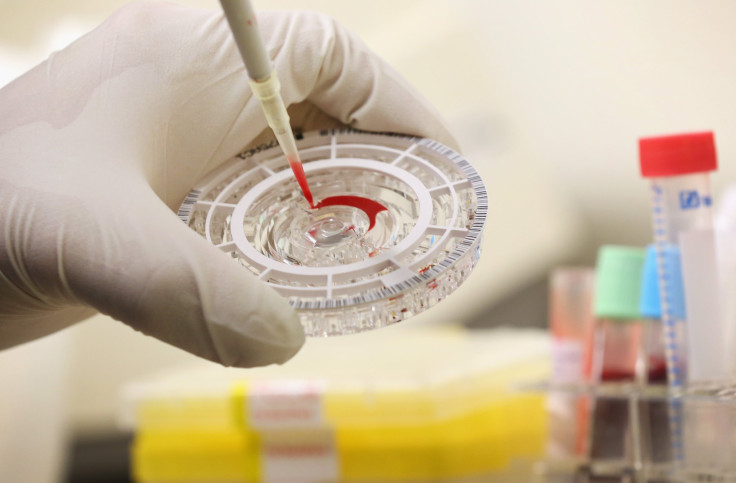New Blood Test Detects Alzheimer's Disease Accurately

Researchers have now come up with a simple blood test that can accurately detect Alzheimer's disease, thus eliminating the need for lumbar punctures.
The research has found that plasma Aβ42/Aβ40 accurately detects brain amyloidosis and also whether an individual has normal cognition or an impaired one. Researchers used a technique known as immunoprecipitation mass spectrometry which is a precise method used for quantifying beta-amyloid 42 and beta-amyloid 42 (Aβ42 and Aβ40) in a person’s blood sample.
To be able to detect amyloidosis at the earliest is very important as amyloid plaques get deposited in the brain up to two decades prior to the onset of Alzheimer’s symptoms. But once the symptoms start showing, the damage cannot be reversed and potential treatments might also not be effective. The brains of Alzheimer’s patients contain amyloid plaques that are hard and insoluble accumulations of a protein called beta-amyloid which clumps together between the neurons.
"We think that most drug trials for Alzheimer's disease have failed because they have started treatment too late. The major utility of plasma amyloid detection would be in identifying people early for drug trials," told the lead author Suzanne Schindler, MD, Ph.D., (assistant professor of neurology, Washington University School of Medicine, St Louis, Missouri) to Medscape news.
Recent evidence suggests that the ratio of plasma levels of Aβ42 and Aβ40 represents a blood-based biomarker of Alzheimer's disease. And so, the researchers used a high-precision immunoprecipitation mass spectrometry assay in order to evaluate the plasma levels of 158 individuals who participated in the study.
They found a robust link between the plasma Aβ42/Aβ40 ratio and the presence of amyloidosis, which was confirmed using PET scans. They opine that this ratio was well-discriminated between individuals who were PET-positive and PET-negative.
It is expected that future studies would use tissue samples from postmortem brains instead of the less-sensitive images of plaques from PET scans in order to assess the link between the ratio of the beta-amyloid proteins and amyloid plaques in the brain. After further validation and development, this blood test method might be used to help researchers screen individuals for eligibility in Alzheimer’s disease studies.
© Copyright IBTimes 2025. All rights reserved.






















